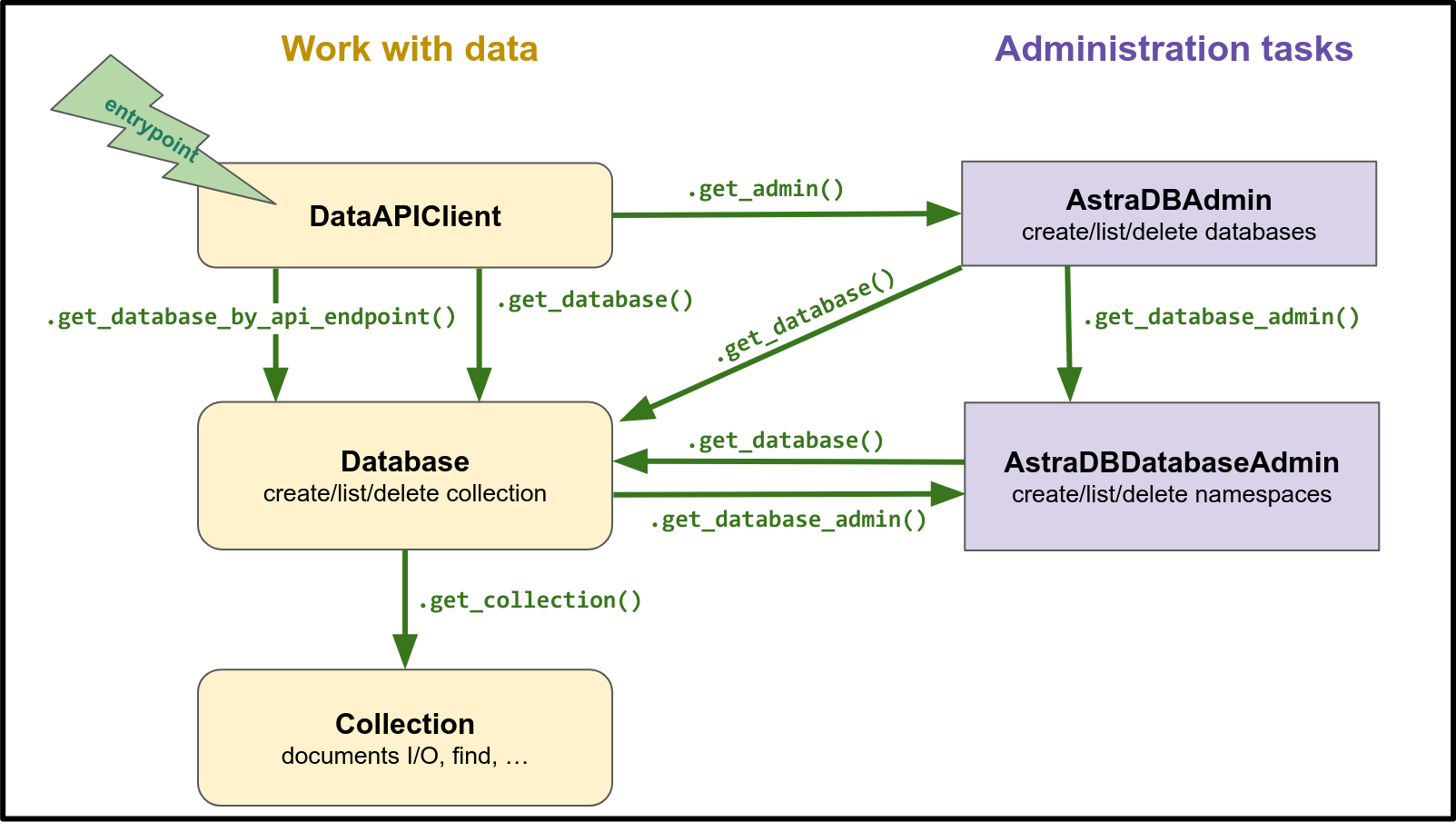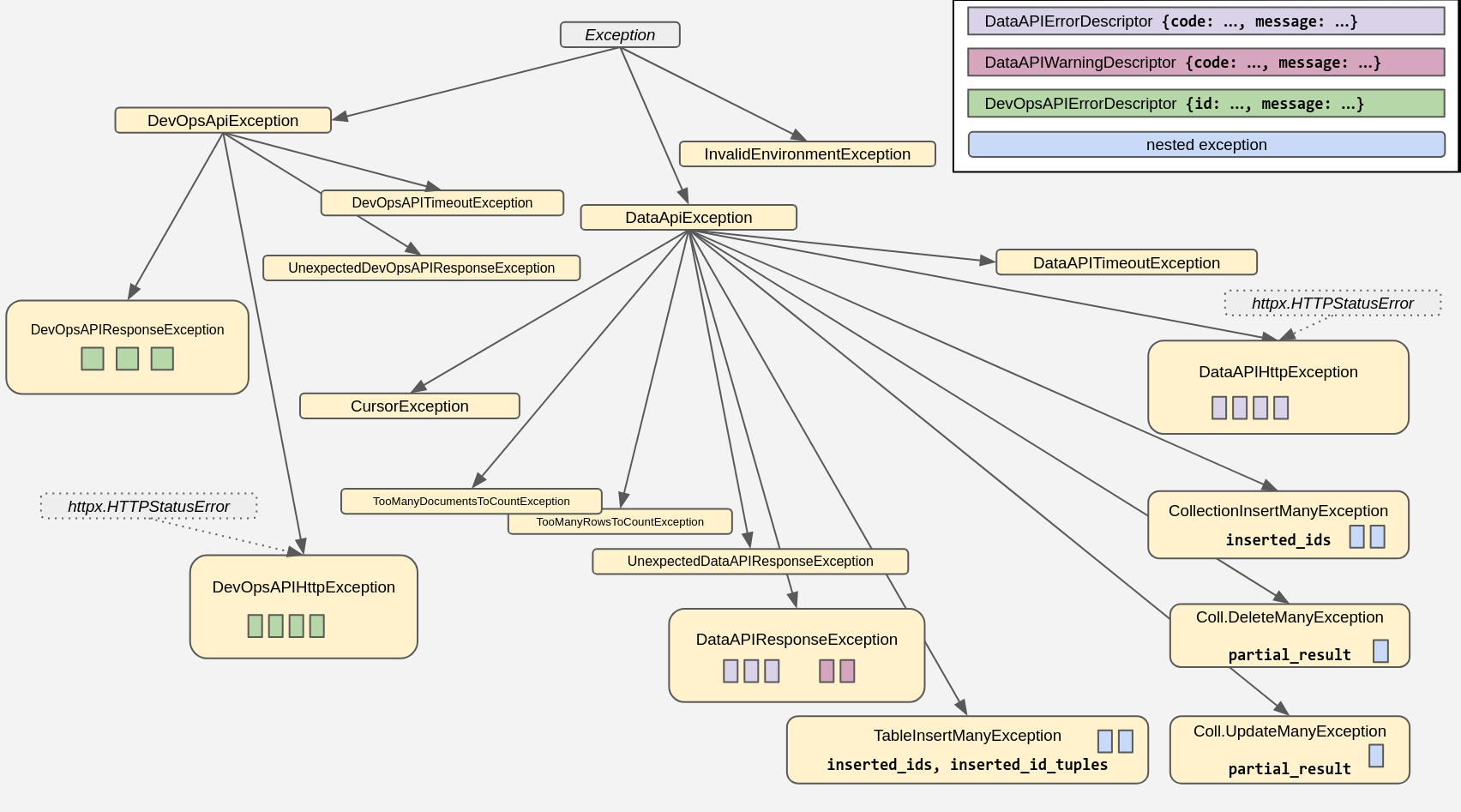Spaces:
Runtime error
Runtime error
File size: 12,748 Bytes
2a0bc63 |
1 2 3 4 5 6 7 8 9 10 11 12 13 14 15 16 17 18 19 20 21 22 23 24 25 26 27 28 29 30 31 32 33 34 35 36 37 38 39 40 41 42 43 44 45 46 47 48 49 50 51 52 53 54 55 56 57 58 59 60 61 62 63 64 65 66 67 68 69 70 71 72 73 74 75 76 77 78 79 80 81 82 83 84 85 86 87 88 89 90 91 92 93 94 95 96 97 98 99 100 101 102 103 104 105 106 107 108 109 110 111 112 113 114 115 116 117 118 119 120 121 122 123 124 125 126 127 128 129 130 131 132 133 134 135 136 137 138 139 140 141 142 143 144 145 146 147 148 149 150 151 152 153 154 155 156 157 158 159 160 161 162 163 164 165 166 167 168 169 170 171 172 173 174 175 176 177 178 179 180 181 182 183 184 185 186 187 188 189 190 191 192 193 194 195 196 197 198 199 200 201 202 203 204 205 206 207 208 209 210 211 212 213 214 215 216 217 218 219 220 221 222 223 224 225 226 227 228 229 230 231 232 233 234 235 236 237 238 239 240 241 242 243 244 245 246 247 248 249 250 251 252 253 254 255 256 257 258 259 260 261 262 263 264 265 266 267 268 269 270 271 272 273 274 275 276 277 278 279 280 281 282 283 284 285 286 287 288 289 290 291 292 293 294 295 296 297 298 299 300 301 302 303 304 305 306 307 308 309 310 311 312 313 314 315 316 317 318 319 320 321 322 323 324 325 326 327 328 329 330 331 332 333 334 335 336 337 338 339 340 341 342 343 344 345 346 347 348 349 350 351 352 353 354 355 356 357 358 359 360 361 362 363 364 365 366 367 368 369 370 371 372 373 374 375 376 377 378 379 380 381 382 383 384 385 386 387 388 389 390 391 392 393 394 395 396 397 398 399 400 401 402 403 404 405 406 407 408 409 410 411 412 413 414 415 416 417 418 419 420 421 422 423 424 425 426 427 428 429 430 431 432 433 434 435 436 437 438 439 440 441 442 443 444 445 446 447 448 |
Metadata-Version: 2.1
Name: astrapy
Version: 1.1.0
Summary: AstraPy is a Pythonic SDK for DataStax Astra and its Data API
Home-page: https://github.com/datastax/astrapy
License: Apache-2.0
Keywords: DataStax,Astra
Author: Stefano Lottini
Author-email: [email protected]
Requires-Python: >=3.8.0,<4.0.0
Classifier: Development Status :: 5 - Production/Stable
Classifier: Intended Audience :: Developers
Classifier: License :: OSI Approved :: Apache Software License
Classifier: Programming Language :: Python :: 3
Classifier: Programming Language :: Python :: 3.8
Classifier: Programming Language :: Python :: 3.9
Classifier: Programming Language :: Python :: 3.10
Classifier: Programming Language :: Python :: 3.11
Classifier: Programming Language :: Python :: 3.12
Classifier: Topic :: Software Development :: Build Tools
Requires-Dist: bson (>=0.5.10,<0.6.0)
Requires-Dist: cassio (>=0.1.4,<0.2.0)
Requires-Dist: deprecation (>=2.1.0,<2.2.0)
Requires-Dist: httpx[http2] (>=0.25.2,<1)
Requires-Dist: toml (>=0.10.2,<0.11.0)
Requires-Dist: uuid6 (>=2024.1.12,<2024.2.0)
Project-URL: Repository, https://github.com/datastax/astrapy
Description-Content-Type: text/markdown
# AstraPy
A pythonic client for [DataStax Astra DB](https://astra.datastax.com).
_This README targets AstraPy version **1.0.0+**, which introduces a whole new API.
Click [here](https://github.com/datastax/astrapy/blob/cd3f5ce8146093e10a095709c0f5c3f8e3f2c7da/README.md) for the pre-existing API (fully compatible with newer versions)._
## Quickstart
Install with `pip install astrapy`.
Get the *API Endpoint* and the *Token* to your Astra DB instance at [astra.datastax.com](https://astra.datastax.com).
Try the following code after replacing the connection parameters:
```python
import astrapy
my_client = astrapy.DataAPIClient("AstraCS:...")
my_database = my_client.get_database_by_api_endpoint(
"https://01234567-....apps.astra.datastax.com"
)
my_collection = my_database.create_collection(
"dreams",
dimension=3,
metric=astrapy.constants.VectorMetric.COSINE,
)
my_collection.insert_one({"summary": "I was flying"}, vector=[-0.4, 0.7, 0])
my_collection.insert_many(
[
{
"_id": astrapy.ids.UUID("018e65c9-e33d-749b-9386-e848739582f0"),
"summary": "A dinner on the Moon",
},
{"summary": "Riding the waves", "tags": ["sport"]},
{"summary": "Friendly aliens in town", "tags": ["scifi"]},
{"summary": "Meeting Beethoven at the dentist"},
],
vectors=[
[0.2, -0.3, -0.5],
[0, 0.2, 1],
[-0.3, 0, 0.8],
[0.2, 0.6, 0],
],
)
my_collection.update_one(
{"tags": "sport"},
{"$set": {"summary": "Surfers' paradise"}},
)
cursor = my_collection.find(
{},
vector=[0, 0.2, 0.4],
limit=2,
include_similarity=True,
)
for result in cursor:
print(f"{result['summary']}: {result['$similarity']}")
# This would print:
# Surfers' paradise: 0.98238194
# Friendly aliens in town: 0.91873914
```
Next steps:
- More info and usage patterns are given in the docstrings of classes and methods
- [Data API reference](https://docs.datastax.com/en/astra/astra-db-vector/api-reference/overview.html)
- [AstraPy reference](https://docs.datastax.com/en/astra/astra-db-vector/api-reference/dataapiclient.html)
- Package on [PyPI](https://pypi.org/project/astrapy/)
## AstraPy's API
### Abstraction diagram
AstraPy's abstractions for working at the data and admin layers are structured
as depicted by this diagram:

Here's a small admin-oriented example:
```python
import astrapy
my_client = astrapy.DataAPIClient("AstraCS:...")
my_astra_admin = my_client.get_admin()
database_list = list(my_astra_admin.list_databases())
db_info = database_list[0].info
print(db_info.name, db_info.id, db_info.region)
my_database_admin = my_astra_admin.get_database_admin(db_info.id)
my_database_admin.list_namespaces()
my_database_admin.create_namespace("my_dreamspace")
```
### Exceptions
The package comes with its own set of exceptions, arranged in this hierarchy:

For more information, and code examples, check out the docstrings and consult
the API reference linked above.
### Working with dates
Date and datetime objects, i.e. instances of the standard library
`datetime.datetime` and `datetime.date` classes, can be used anywhere in documents:
```python
import datetime
import astrapy
my_client = astrapy.DataAPIClient("AstraCS:...")
my_database = my_client.get_database_by_api_endpoint(
"https://01234567-....apps.astra.datastax.com"
)
my_collection = my_database.dreams
my_collection.insert_one({"when": datetime.datetime.now()})
my_collection.insert_one({"date_of_birth": datetime.date(2000, 1, 1)})
my_collection.update_one(
{"registered_at": datetime.date(1999, 11, 14)},
{"$set": {"message": "happy Sunday!"}},
)
print(
my_collection.find_one(
{"date_of_birth": {"$lt": datetime.date(2001, 1, 1)}},
projection={"_id": False},
)
)
# This would print:
# {'date_of_birth': datetime.datetime(2000, 1, 1, 0, 0)}
```
_**Note**: reads from a collection will always_
_return the `datetime` class regardless of wheter a `date` or a `datetime` was provided_
_in the insertion._
### Working with ObjectIds and UUIDs
Astrapy repackages the ObjectId from `bson` and the UUID class and utilities
from the `uuid` package and its `uuidv6` extension. You can also use them directly.
Even when setting a default ID type for a collection, you still retain the freedom
to use any ID type for any document:
```python
import astrapy
import bson
my_collection = my_database.create_collection(
"ecommerce",
default_id_type=astrapy.constants.DefaultIdType.UUIDV6,
)
my_collection.insert_one({"_id": astrapy.ids.ObjectId("65fd9b52d7fabba03349d013")})
my_collection.find({
"_id": astrapy.ids.UUID("018e65c9-e33d-749b-9386-e848739582f0"),
})
my_collection.update_one(
{"tag": "in_stock"},
{"$set": {"inventory_id": bson.objectid.ObjectId()}},
upsert=True,
)
my_collection.insert_one({"_id": astrapy.ids.uuid8()})
```
## For contributors
First install poetry with `pip install poetry` and then the project dependencies with `poetry install --with dev`.
Linter, style and typecheck should all pass for a PR:
```bash
poetry run black --check astrapy && poetry run ruff astrapy && poetry run mypy astrapy
poetry run black --check tests && poetry run ruff tests && poetry run mypy tests
```
Features must be thoroughly covered in tests (see `tests/idiomatic/*` for
naming convention and module structure).
### Running tests
"Full regular" testing requires environment variables:
```bash
export ASTRA_DB_APPLICATION_TOKEN="AstraCS:..."
export ASTRA_DB_API_ENDPOINT="https://.......apps.astra.datastax.com"
export ASTRA_DB_KEYSPACE="default_keyspace"
# Optional:
export ASTRA_DB_SECONDARY_KEYSPACE="..."
```
Tests can be started in various ways:
```bash
# test the "idiomatic" layer
poetry run pytest tests/idiomatic
poetry run pytest tests/idiomatic/unit
poetry run pytest tests/idiomatic/integration
# remove logging noise:
poetry run pytest [...] -o log_cli=0
```
The above runs the regular testing (i.e. non-Admin, non-core).
The (idiomatic) Admin part is tested manually by you, on Astra accounts with room
for up to 3 new databases, possibly both on prod and dev, and uses specific env vars,
as can be seen on `tests/idiomatic/integration/test_admin.py`.
Should you be interested in testing the "core" modules, moreover,
this is also something for you to run manually (do that if you touch "core"):
```bash
# test the core modules
poetry run pytest tests/core
# do not drop collections:
TEST_SKIP_COLLECTION_DELETE=1 poetry run pytest [...]
# include astrapy.core.ops testing (tester must clean up after that):
TEST_ASTRADBOPS=1 poetry run pytest [...]
```
## Appendices
### Appendix A: quick reference for imports
Client, data and admin abstractions:
```python
from astrapy import (
DataAPIClient,
Database,
AsyncDatabase,
Collection,
AsyncCollection,
AstraDBAdmin,
AstraDBDatabaseAdmin,
)
```
Constants for data-related use:
```python
from astrapy.constants import (
ReturnDocument,
SortDocuments,
VectorMetric,
DefaultIdType,
)
```
ObjectIds and UUIDs:
```python
from astrapy.ids import (
ObjectId,
uuid1,
uuid3,
uuid4,
uuid5,
uuid6,
uuid7,
uuid8,
UUID,
)
```
Operations (for `bulk_write` collection method):
```python
from astrapy.operations import (
BaseOperation,
InsertOne,
InsertMany,
UpdateOne,
UpdateMany,
ReplaceOne,
DeleteOne,
DeleteMany,
AsyncBaseOperation,
AsyncInsertOne,
AsyncInsertMany,
AsyncUpdateOne,
AsyncUpdateMany,
AsyncReplaceOne,
AsyncDeleteOne,
AsyncDeleteMany,
)
```
Result classes:
```python
from astrapy.results import (
OperationResult,
DeleteResult,
InsertOneResult,
InsertManyResult,
UpdateResult,
BulkWriteResult,
)
```
Exceptions:
```python
from astrapy.exceptions import (
DevOpsAPIException,
DevOpsAPIResponseException,
DevOpsAPIErrorDescriptor,
DataAPIErrorDescriptor,
DataAPIDetailedErrorDescriptor,
DataAPIException,
DataAPITimeoutException,
CursorIsStartedException,
CollectionNotFoundException,
CollectionAlreadyExistsException,
TooManyDocumentsToCountException,
DataAPIFaultyResponseException,
DataAPIResponseException,
CumulativeOperationException,
InsertManyException,
DeleteManyException,
UpdateManyException,
BulkWriteException,
)
```
Info/metadata classes:
```python
from astrapy.info import (
AdminDatabaseInfo,
DatabaseInfo,
CollectionInfo,
CollectionVectorServiceOptions,
CollectionDefaultIDOptions,
CollectionVectorOptions,
CollectionOptions,
CollectionDescriptor,
)
```
Admin-related classes and constants:
```python
from astrapy.admin import (
Environment,
ParsedAPIEndpoint,
)
```
Cursors:
```python
from astrapy.cursors import (
BaseCursor,
Cursor,
AsyncCursor,
CommandCursor,
AsyncCommandCursor,
)
```
### Appendix B: compatibility with pre-1.0.0 library
If your code uses the pre-1.0.0 astrapy (i.e. `from astrapy.db import Database, Collection` and so on) you are strongly advised to migrate to the current API.
That being said, there are no known breakings of backward compatibility:
**legacy code would run with a newest astrapy version just as well.**
Here is a recap of the minor changes that came _to the old API_ with 1.0.0:
- Added methods to `[Async]AstraDBCollection`: `delete_one_filter`,
- Paginated find methods (sync/async) type change from Iterable to Generator
- Bugfix: handling of the mutable caller identity in copy and convert (sync/async) methods
- Default value of `sort` is `None` and not `{}` for `find` (sync/async)
- Introduction of `[Async]AstraDBCollection.chunked_delete_many` method
- Added `projection` parameter to `find_one_and[replace/update]` (sync/async)
- Bugfix: projection was silently ignored in `vector_find_one_and_[replace/update]` (sync/async)
- Added `options` to `update_many` (sync/async)
- `[Async]AstraDBDatabase.chunked_insert_many` does not intercept generic exceptions anymore, only `APIRequestError`
- Bugfix: `AsyncAstraDBCollection.async chunked_insert_many` stops at the first error when `ordered=True`
- Added payload info to `DataAPIException`
- Added `find_one_and_delete` method (sync/async)
- Added `skip_error_check` parameter to `delete_many` (sync/async)
- Timeout support throughout the library
- Added `sort` to `update_one`, `delete_one` and `delete_one_by_predicate` methods (sync/async)
- Full support for UUID v1,3,4,5,6,7,8 and ObjectID at the collection data I/O level
- `AstraDBOps.create_database` raises errors in case of failures
- `AstraDBOps.create_database`, return type corrected
- Fixed behaviour and return type of `AstraDBOps.create_keyspace` and `AstraDBOps.terminate_db`
- Added `AstraDBOps.delete_keyspace` method
- Method `create_collection` of `AstraDB` relaxes checks on passing `dimensions` for vector collections
- AstraDBOps core class acquired async methods: `async_get_databases`, `async_get_database`, `async_create_database`, `async_terminate_database`, `async_create_keyspace`, `async_delete_keyspace`
Keep in mind that the pre-1.0.0 library, now dubbed "core", is what the current 1.0.0 API ("idiomatic") builds on.
|